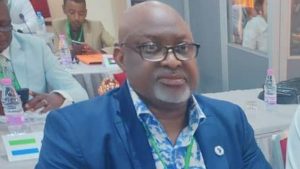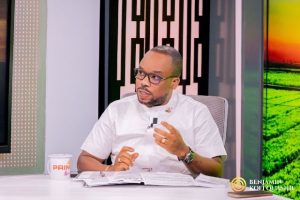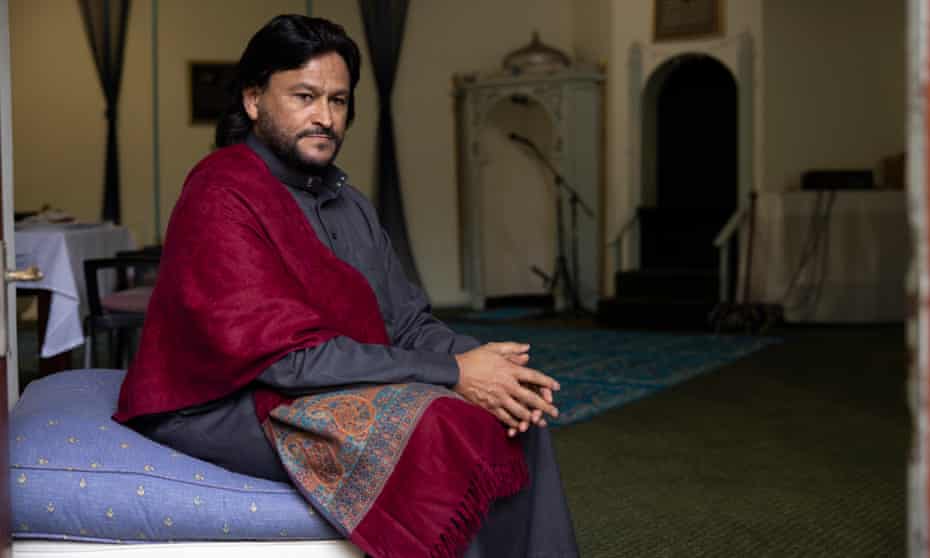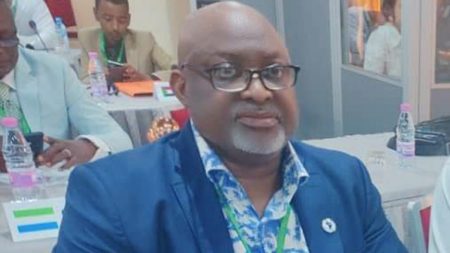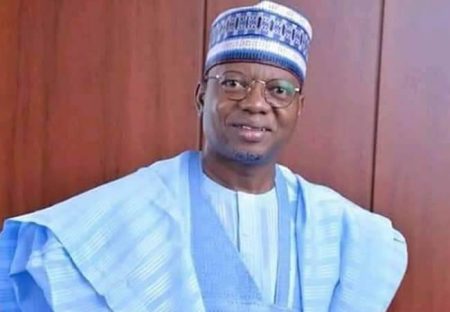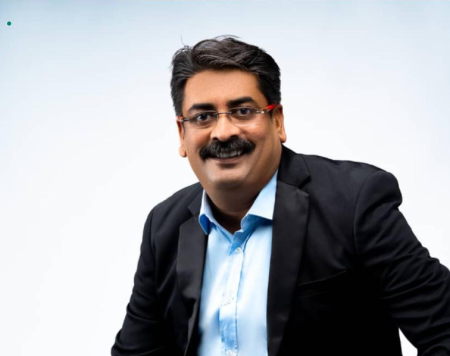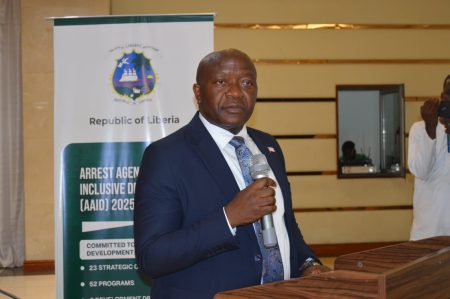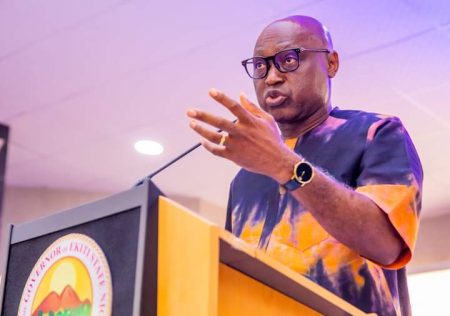The tragic assassination of Muhsin Hendricks, a pioneering figure in the LGBTQ+ Muslim community, has sent shockwaves across South Africa and the world. Hendricks, widely recognized as the world’s first openly gay imam, was brutally murdered near Gqeberha, South Africa, on Saturday. The 57-year-old cleric, known for his unwavering advocacy for inclusivity and his leadership of a Cape Town mosque that welcomed marginalized Muslims, including members of the LGBTQ+ community, was ambushed by two masked gunmen who fired multiple shots into his vehicle. The chilling attack, captured on security footage that has since circulated widely on social media, shows a car blocking Hendricks’ vehicle before an assailant emerges and repeatedly fires through the back window.
The South African police have launched an investigation into the murder, describing the incident as a targeted attack. While unconfirmed, reports suggest that the killing may have been linked to Hendricks officiating a lesbian wedding shortly before the ambush. The Al-Ghurbaah Foundation, which oversees the Masjidul Ghurbaah mosque in Cape Town’s Wynberg suburb, confirmed Hendricks’ death and urged the public to respect the family’s privacy during their time of grief. The foundation’s board chair, Abdulmugheeth Petersen, emphasized the profound loss to the community, highlighting Hendricks’ tireless efforts to create a safe and inclusive space for LGBTQ+ Muslims and other marginalized groups within the faith.
Hendricks’ pioneering work challenged traditional interpretations of Islam and sparked both admiration and controversy within the Muslim community. Coming out as gay in 1996, he faced significant backlash and opposition, but his determination to reconcile faith and identity remained unwavering. That same year, he founded The Inner Circle, a support organization dedicated to helping queer Muslims navigate the complex intersection of their faith and sexual orientation. He later established Masjidul Ghurbaah, an inclusive mosque that became a beacon of hope and acceptance for LGBTQ+ Muslims seeking a place of worship free from discrimination.
The news of Hendricks’ murder has triggered an outpouring of grief and tributes from around the world, particularly within the LGBTQ+ community. Julia Ehrt, the executive director of the International Lesbian, Gay, Bisexual, Trans and Intersex Association (ILGA), expressed deep sorrow and called for a thorough investigation into the killing, suggesting it may have been a hate crime. She emphasized Hendricks’ crucial role in supporting and mentoring countless individuals on their journey to reconcile faith and sexuality, highlighting his life as a testament to the power of solidarity and acceptance. Reverend Jide Macaulay, a British-Nigerian LGBTQ+ activist and openly gay Anglican minister, echoed this sentiment, describing Hendricks’ death as heartbreaking and acknowledging his profound impact on inclusive faith communities.
Hendricks’ courageous advocacy often came at a personal cost. He faced numerous death threats and endured significant hostility for his progressive views. A 2022 documentary titled “The Radical” chronicled his life and struggles, capturing his unwavering commitment to authenticity in the face of danger. In the film, he poignantly stated, “The need to be authentic was greater than the fear to die,” a testament to his profound belief in living a life true to oneself, regardless of the consequences. His legacy is one of resilience, compassion, and a steadfast dedication to creating a more inclusive and accepting world for LGBTQ+ Muslims.
Hendricks’ murder underscores the ongoing challenges faced by LGBTQ+ individuals, particularly in religious contexts, and highlights the urgent need for greater protection and acceptance. While South Africa is the first African nation to legalize same-sex marriage and boasts constitutional protections for sexual orientation, the reality remains that LGBTQ+ people continue to experience discrimination and violence. This tragic event serves as a stark reminder of the importance of combating homophobia and promoting inclusivity within all communities, including religious spaces. Hendricks’ life and work represent a powerful challenge to prejudice and a beacon of hope for a future where all individuals are embraced and celebrated for who they are, regardless of their sexual orientation or religious beliefs.


